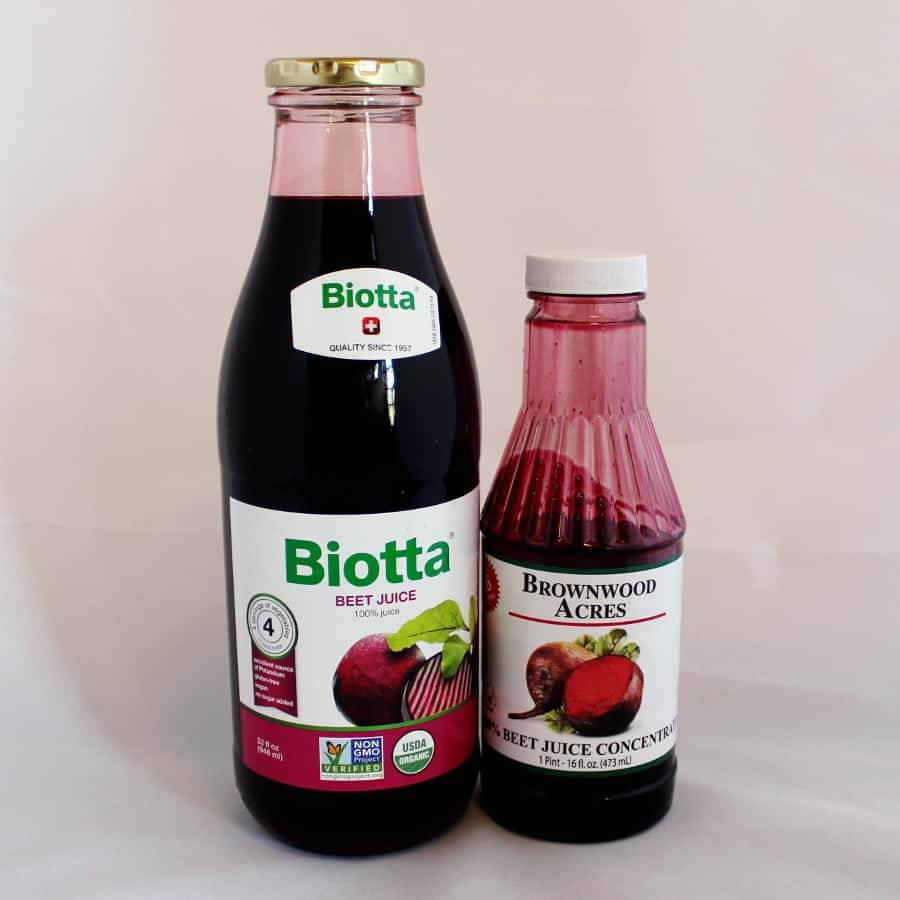
Beet juice has developed quite a reputation over the past few decades. Researchers have discovered that it lowers blood pressure and improves athletic endurance. Canadian scientists demonstrated that nitrate-rich beet juice affects the sympathetic nervous system that controls heart rate and blood pressure. The Canadians use the British terminology beetroot juice.
How Does Beetroot Juice Affect the Nervous System?
In the trial, healthy young people drank either high-nitrate beet juice or a look-alike, taste-alike placebo. The scientists measured sympathetic nerve activity in their muscles during both activity and rest periods. It was lower after the volunteers had drunk beetroot juice than after they had consumed the placebo beverage.
The authors concluded that beetroot juice lowers the activity of the sympathetic nervous system, which in turn leads to cardiovascular benefits. Although these volunteers were healthy and young, the investigators foresee that beet juice could someday benefit people with heart disease.
Notay et al, American Journal of Physiology-Heart and Circulatory Physiology, online May 5, 2017
Beets and Beet Juice for Protecting the Heart:
A previous study identified beet juice as a possible antidote to serious side effects of an anti-cancer drug called doxorubicin. This chemotherapy has one big drawback. It can be toxic to the heart. When patients have to take large doses for long periods they risk damaging their heart muscles permanently.
Scientists at Virginia Commonwealth University found that nitrates that occur naturally in foods such as spinach, beets and leafy green vegetables may protect the heart muscle from doxorubicin injury. The research was carried out in mice and will need to be repeated in human studies (Zhu et al, Journal of the American College of Cardiology, May 2011). Until such studies are completed, however, cancer patients taking doxorubicin may wish to drink beetroot juice and eat lots of spinach and other dark green leafy vegetables as an inexpensive and potentially helpful adjunct to their chemotherapy.

